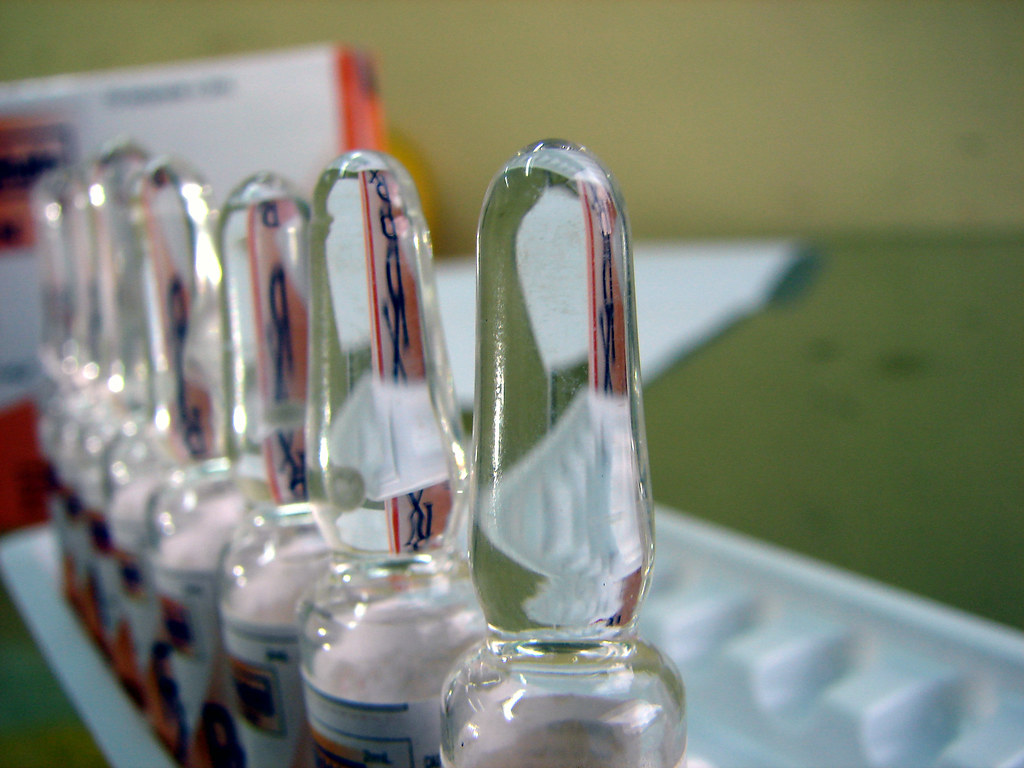The use of illegal drugs such as cocaine or heroin during pregnancy presents significant risks for newborns. Unfortunately, it’s a widespread phenomenon. The National Institutes of Health estimates that 5% of pregnant women use some form of addictive controlled substances, with cocaine exposure impacting as many as 750,000 pregnancies each year.
Lawmakers and law enforcement officials in Texas and across America have long struggled to find the right way to apply the law regarding prenatal exposure to illicit substances. The issue quickly gets complicated and may become more so in years to come as states differ in their interpretations of the Supreme Court case overturning the Roe v. Wade decision that legalized abortion.
Of course, knowing whether newborns have been exposed to dangerous drugs requires them or their mothers to undergo drug testing. But what are the prenatal drug testing laws in Texas, and what are the potential consequences? The team at the Case J. Darwin Law Office in San Marcos, Texas, explains all this and more below.
What Is Prenatal Drug Testing?
 Doctors emphasize the importance of prenatal health care for pregnant mothers to improve the chances of a successful birth and a healthy life. One aspect of that care could include prenatal drug testing. Drug tests before birth target the mother’s blood, urine, or hair, as well as tissue from the placenta or umbilical cord, to look for indications of drug use. These tests, at a basic level, can identify problems early on and help families make sometimes tough decisions.
Doctors emphasize the importance of prenatal health care for pregnant mothers to improve the chances of a successful birth and a healthy life. One aspect of that care could include prenatal drug testing. Drug tests before birth target the mother’s blood, urine, or hair, as well as tissue from the placenta or umbilical cord, to look for indications of drug use. These tests, at a basic level, can identify problems early on and help families make sometimes tough decisions.
The issue becomes contentious and complicated in instances where lawmakers attempt to compel mothers to submit to prenatal drug testing. Such statutes raise significant concerns over the right to privacy and the ability of women to make their own health care decisions. A Supreme Court case from 2000 found that collecting samples from women against their consent and then sharing the outcomes with police and prosecutors represents a violation of the Fourth Amendment, which protects U.S. citizens from unreasonable searches and seizures.
As a policy matter, the issue is also delicate because if tests show evidence of illegal drug use, women may fear that they will be prosecuted. And with that fear in mind, they may decide to avoid prenatal health care at significant risk to their own health and that of their unborn babies.
Laws Concerning Prenatal Drug Testing in Texas
The Supreme Court’s precedents have historically made it difficult for Texas to sustain laws that require prenatal drug testing. However, some laws currently on the books could be applied to these circumstances. For instance, Section 22, Chapter 041 of the Texas Code covers the crime of abandoning or endangering a child.
The text of the law states that it is presumed that a person places a child in “imminent danger of death, bodily injury, or physical or mental impairment” if they “manufactured, possessed, or introduced methamphetamine into the body of any person while in the presence of a child” or if blood tests later find indications of methamphetamine in the child’s body.
Other Laws Regarding Prenatal Drug Use
Texas law includes other provisions that place requirements on health care providers and others to address the problem through patient education.
For instance, Chapter 34 established the Texas Maternal Mortality and Morbidity Review Committee. One of its jobs is to implement initiatives to address opioid use disorder in mothers and their newborns through measures such as improved screening procedures, continuity of care, increased access to treatment, and other preventive measures.
Under this statute, the Committee and Department of Health must also develop and distribute informative materials that discourage drug use during pregnancy and provide links to treatment resources and other public health services.
Does Texas Law Require Newborn Drug Testing?
The Texas Department of Health and Services requires certain medical tests for newborns, but drug testing is not among them. The state’s Newborn Screening Overview Program tests for more than four dozen conditions in an infant, some of which may be life-threatening. These include looking for evidence of congenital heart defects or sickle cell anemia. Texas argues that the tests are justified for health care reasons, as they mean these children can get early treatment.
However, the principle expressed in the 2000 U.S. Supreme Court ruling applies to the testing of infants for drug use — they cannot be tested for drugs without parental consent, as it would be a violation of the Fourth Amendment. Still, lawmakers have attempted to craft statutes that work around this restriction, such as placing obligations on medical providers as mandatory reporters of child abuse.
Universal Drug Testing Standards in Health Care
Separate from the law, the health care system has also struggled with the best way to identify and treat infants who may have been exposed to drugs during pregnancy. There has been much debate about universal drug testing as standard after a baby is born. Providers have decided that universal testing is “impractical” as a one-size-fits-all solution, according to the American Academy of Pediatrics. Instead, researchers have recommended that facilities be allowed to tailor standards for testing to the unique needs of the individual situation.
With casualties continuing to increase due to the illicit use of heroin and opioids, the issue remains an urgent public health concern. Studies show that infants who are exposed to drugs during pregnancy face many health problems, such as difficulties in cognition, language, and behavior, and failure to grow in the typically expected pattern.
Pregnancy and Drugs
The legal landscape concerning pregnancy is changing rapidly. If you’re facing scrutiny from the authorities regarding prenatal drug use, let attorney Case J. Darwin protect your rights. Case is a University of Texas Tech School of Law graduate and a former prosecutor and Briefing Attorney for the Honorable Terry Jennings of the Houston First District Court of Appeals. Those roles prove that he has the skills and experience to defend you against intrusive forced drug testing.
Fluent in Spanish, Case handles all felony and misdemeanor charges, from capital murder to class C misdemeanors, appeals, expunctions, and bar admission administrative proceedings.
Call our office or contact us online today for a consultation. Your freedom might depend on it.
Vial Line Up 2 by Zaldlmg is licensed with CC By 2.0




